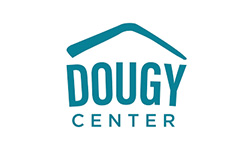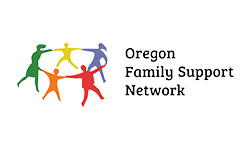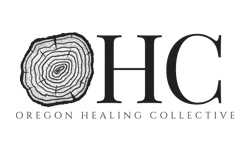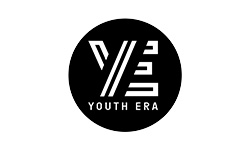Suicide Rapid Response Program
Mission
Suicide Rapid Response helps Oregon’s communities heal from youth death by suicide, while limiting and containing risk of further harm by partnering with experts in the field to provide direct education, support, and resources.
The 2019 Oregon Healthy Teens Survey found nearly 20% of 8th graders and 11th graders reported experiencing suicidal ideation.
Program Summary
Suicide Rapid Response (SRR) is led and coordinated by the Lines for Life Prevention Team in conjunction with community service providers. These services are paid for by Oregon Health Authority (OHA). SRR offers support and services to communities who have been impacted by the loss of a youth to suicide, ages 24 and younger.
The Quick Guide to the Rapid Response Program outlines the program’s streamlined approach to better serve communities in a timely and efficient manner.
For more information about Suicide Rapid Response, email [email protected].
Quick Guide to the Rapid Response Program
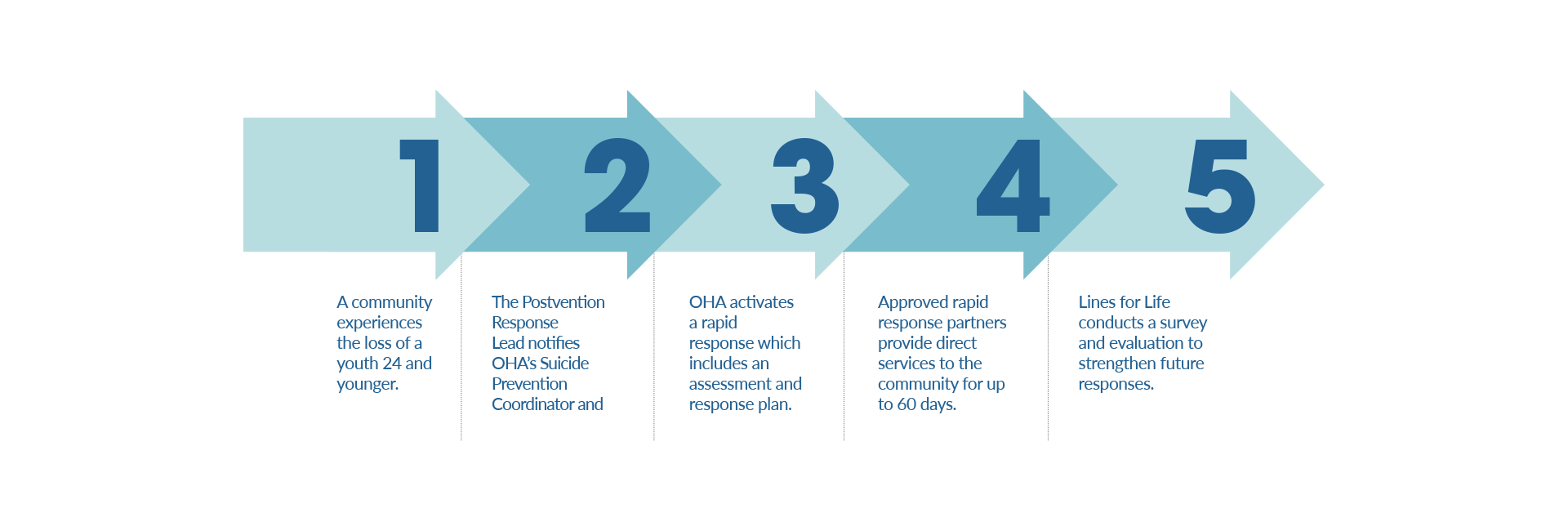
Services
The Suicide Rapid Response system is collaboratively designed to include evidence-based best practices that are monitored, evaluated, and responsive to community needs.
Examples of possible services:
- Counseling
- Grief support
- Parent listening sessions
- Classroom education workshops
- Extended youth drop-in support
- Peer support
- Social media outreach
- Lethal means lockboxes
- Universal screening
Additional suicide and mental health trainings are available to select adults in the community upon request.
Community Partners
The Rapid Response program may work with one or more of the following providers to coordinate services for the community:
The Dougy Center
Dougy Center is a Portland-based nonprofit offering grief support for children, teens, young adults, and families. Their pioneering peer grief support model, professional training, and world-renowned programs and advocacy bring hope and healing around the world.
During a response, Dougy Center may provide grief toolkits, handouts, or resource guides for schools and parents, helping people understand how children specifically grieve and what to look out for. They may also provide grief training and consultation to school counselors and community providers, and grief support to families and community as needed.
Oregon Family Support Network
Oregon Family Support Network (OFSN) operates 3 regional offices across the state and offers peer-based support for mental, behavioral, and emotional wellness for families and youth. Their staff members are primarily caregivers with lived experience raising youth experiencing mental and behavioral health challenges.
During a response, OFSN brings their keen understanding of systems of care that are available for youth and families. They may provide peer support for families and parents, participate in community listening forums or info sessions, and help families navigate community resources.
Oregon Healing Collective
Oregon Healing Collective is a Springfield-based practice that takes an anti-colonial, anti-oppressive, trauma-informed approach to mental health practice. Their therapy services specialize in suicide prevention and the impacts of climate change on mental health.
Lines for Life works with Oregon Healing Collective to provide grief counseling for families, community, and school members, and can also provide mental health counseling for youth and community members activated by the community loss, as needed. Oregon Healing Collective may facilitate grief support groups at impacted schools.
Youth Era
Youth Era creates lasting positive change in the lives of young people and the systems that serve them. They work to provide accessible support services to all young people, with a focus on direct service, training, and advocacy.
During a response, Youth Era may provide peer-facilitated drop-in support spaces for youth to connect with and support one another.
YouthLine
YouthLine is a teen-to-teen help, support, and crisis line answering calls, texts, and chats from anyone 21 or younger. Trained teen volunteers support youth on the helpline, facilitate classroom education, and de-stigmatize reaching out for help with mental health.
Suicide Rapid Response supplies schools and communities with materials directing youth to the helpline and may also work with YouthLine to provide classroom education sessions in suicide prevention.

A Partnership with Oregon Health Authority
